Premium Only Content
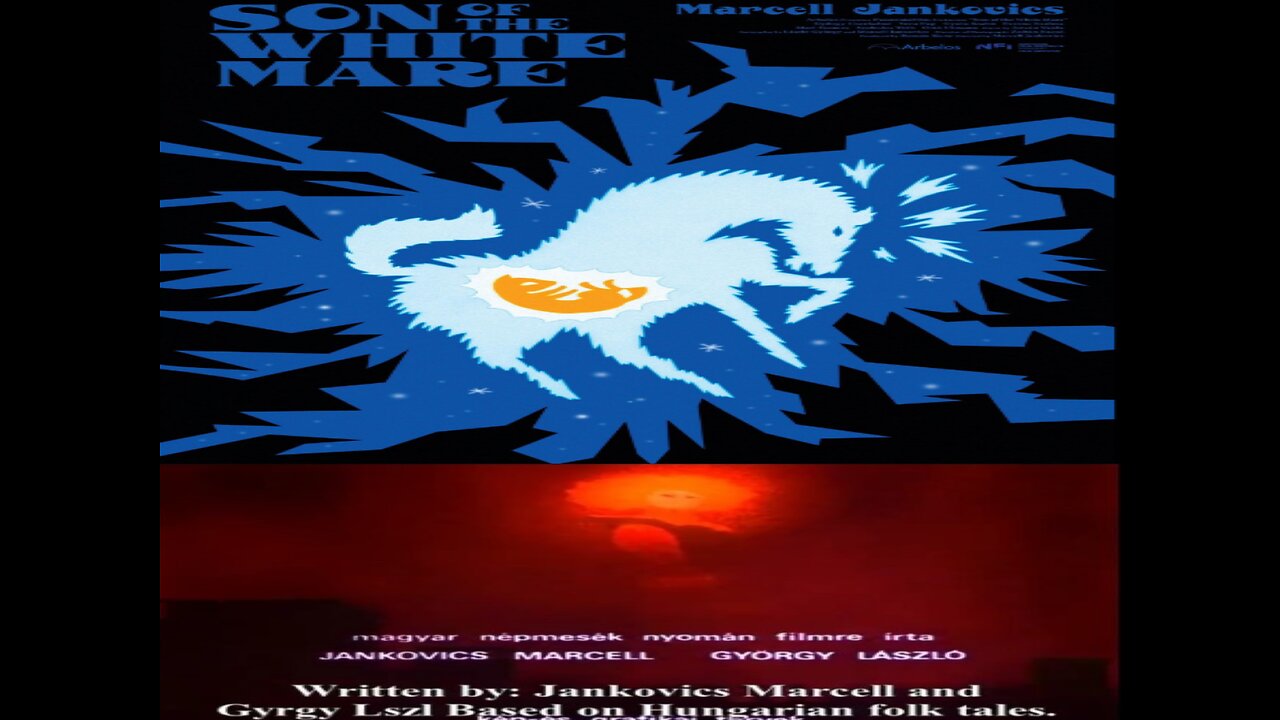
Fehérlófia - Son of the White Mare - 1981
In this dreamlike Hungarian folk myth, a horse goddess gives birth to three powerful brothers who set out into the Underworld to save three princesses from three evil dragons and reclaim their ancestors' lost kingdom.
Director
Marcell Jankovics
Writers
László György Marcell Jankovics
The movie is a pastiche of many similar Hungarian and Eurasian folk tales and owes much to the myths of ancient Magyars, Scythians and Avarians. According to the Hungarian Ethnographic Lexicon, there are at least 50 different forms of this story, but the film was mostly based on "Fehérlófia" (as penned by poet László Arany) and "Fanyüvö, Vasgyúró, Hegyhengergetö" (by Gyula Illyés). One common criticism against the film is that the story, characters and its perceived messages are different from Arany's version of Fehérlófia. Director Marcell Jankovics confirmed that his aim wasn't to make a faithful adaptation of any single fable, but to create his own version. Most of the differences between the versions are detailed in the movie's FAQ section, but here are some notable ones:
In Arany's version, Fehérlófia (Son of the White Mare) and Fanyüvö (Treeshaker or Treetearer) are separate characters, and Fehérlófia kills all three of his servants, including the weak Fanyüvö at the end for their betrayal. In Illyés's version, Fanyüvö is the powerful main hero who only has two companions whom he spares at the end, but he has human parents. The film meshes these two into one and even combines their names: Fanyüvö Fehérlófia. Jankovics stated he had based the characters more on the story's second version because he believed viewers would be bored if each task had to be repeated four rather than three times.
Other differences include expanding on the backstory of the world, its rulers, the princesses and the dragons, and combining the fable with the myth of the World Tree. In most other versions of the tale, none of these have any background. The film's first 14 or so minutes are not part of the stories, this scene was a unique addition.
In the film, Fehérlófia's parents are deities, the Rain King and the Snow Queen, and the Hétszünyö Kapanyányimonyók (Seven-Hearted Lobahobgoblin) is the King in disguise. The folk tales contain no such connotations; the Goblin is a villain, and the King is a human unrelated to the main characters.
Depending on the version, the hero's mother is either a human woman or a horse without an explicit backstory, though sometimes, she's a cow or a sheep.
Certain scenes or quotes were also taken from other versions of the tale. In specific, the scene of Vasgyúró (alternatively named Ironkneader, Ironrubber or Irontemperer in English) forging a sword for Fanyüvö adapts the creation scene of Vasgyúró's ax that was left out from the film.
-
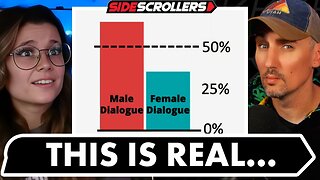 2:06:36
2:06:36
Side Scrollers Podcast
4 hours agoThis is the Dumbest Story We’ve Ever Covered… | Side Scrollers
21.9K6 -
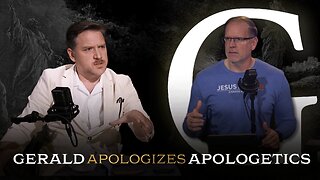 1:13:26
1:13:26
Steven Crowder
6 hours ago🔴 Jay Dyer on Hollywood, The Occult, and the Attack on the American Soul
230K168 -
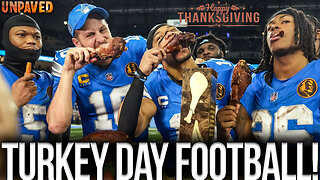 1:26:28
1:26:28
Sean Unpaved
4 hours agoNFL Thanksgiving Games Are Going To Be ELECTRIC! | UNPAVED
20.4K3 -
 29:07
29:07
The Rubin Report
6 hours agoAre Megyn Kelly & Erika Kirk Right About Our Political Divisions?
60.3K51 -
 27:09
27:09
VINCE
7 hours agoSaving America's Schools with Norton Rainey | Episode 177 - 11/26/25 VINCE
172K92 -
 2:03:57
2:03:57
Benny Johnson
6 hours agoFBI Director Kash Patel Makes January 6th Pipe Bomber Announcement: Massive Breakthrough, Stay Tuned
128K91 -
 1:06:17
1:06:17
Graham Allen
7 hours agoFAKE NEWS Is Everywhere!! Are We Living In The Upside Down?!
175K486 -
 2:59:36
2:59:36
Wendy Bell Radio
11 hours agoFeeding Their Greed
101K90 -
 1:55:12
1:55:12
Badlands Media
13 hours agoBadlands Daily – Nov. 26, 2025: Thanksgiving Optics, Turkey Pardons & Global Power Plays
75.5K18 -
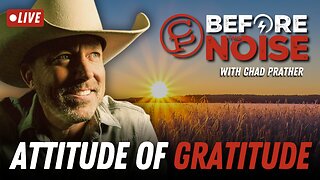 1:13:11
1:13:11
Chad Prather
22 hours agoGratitude That Grows in Hard Ground: A Thanksgiving Message for the Soul
100K46